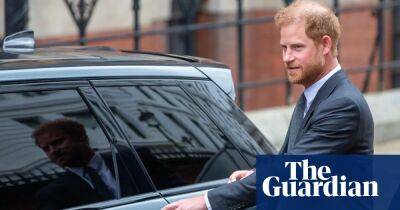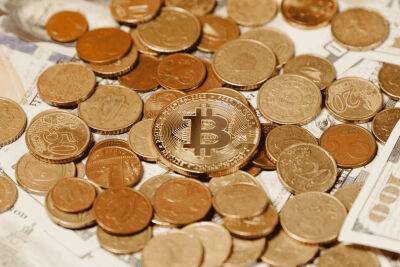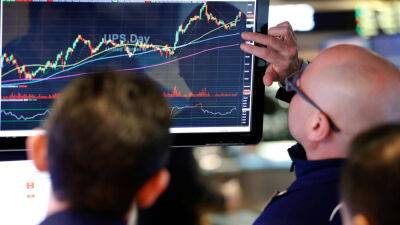The Tories could raise billions in this budget and not spook the markets – but they haven’t got the guts
W as it that Mayfair launch of bottles of Bollinger at £350 a pop? Was it flicking through glossy newspaper supplements with their pages of hideous watches costing hundreds of thousands? No, surely last week’s top shocker was watching both Shell and BP CEOs’ pay double to about £10m each, profiting from the slaughter in Ukraine.
These budget-week reflections, amid a wave of overdue strikes, echo a recent report by the FT’s astute data-cruncher John Burn-Murdoch, that “Britain and the US are poor societies with some very rich people.” The tyranny of averages hides the way we live now, though any reader of this paper, or indeed the FT, will have a weary sense of deja vu about our grotesque and economically dysfunctional inequality: earnings for the top 1% have accelerated since the start of the pandemic. UK plutocrats rank proudly fifth in the world for mega-wealth, but our poor have 20% less than the poor of Slovenia.
That’s the context to think about when our multimillionaire chancellor and a prime minister richer than the king unveil their budget on Wednesday. Expect a spot of epoxy to fix a few of their most politically damaging social breakages. But don’t accept “there’s no more money” when rational reforms of our grotesquely unjust tax system could harvest considerable sums to salve the most egregious social crises.
Britain has got a lot poorer, partly due to economic own goals such as Brexit. There is less of everything following “the most dramatic period of spending cuts in modern history”, so taxes must rise unless voters are ready to see public services disintegrate further. That’s the choice – and the sharp message from Paul Johnson, Institute for Fiscal Studies (IFS) director, in his new book, Follow the Money.
Read more on theguardian.com


 theguardian.com
theguardian.com










![Trader Joe [JOE] rises up the ranks, gauging what’s behind the scenes](https://finance-news.co/storage/thumbs_400/img/2023/4/7/63342_iumqm.jpg)


